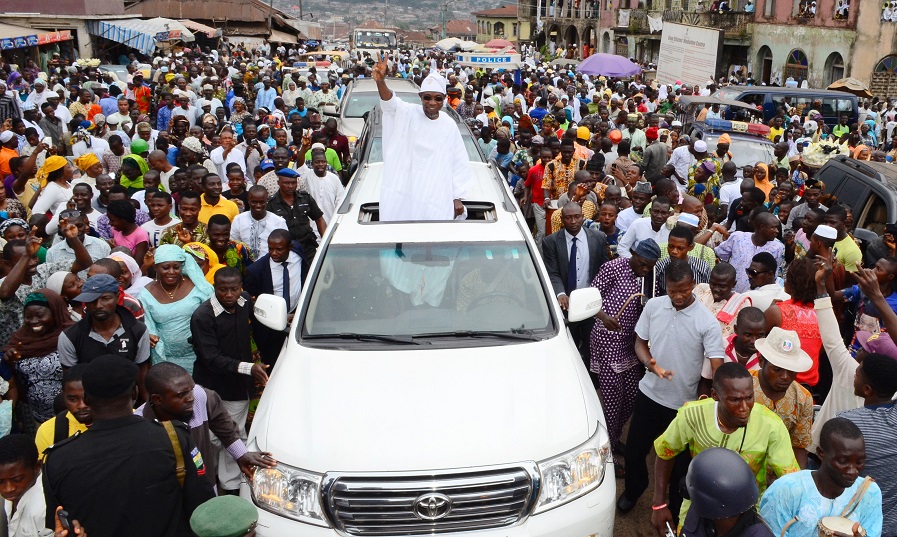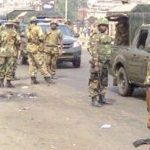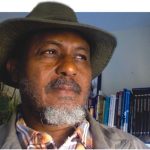
Lessons From The Osun Guber Poll
 It is a triumph for democracy as the wishes of the people are increasingly being respected
It is a triumph for democracy as the wishes of the people are increasingly being respected
On Saturday, August 9, 2014, the people of Osun State went to the poll and voted for continuity by re-electing the incumbent governor, Ogbeni Rauf Aregbesola, with a convincing margin. But even more impressive was the near serene and peaceful nature of the poll, a clear contrast to the strikingly belligerent and tensed political atmosphere that prevailed in the state few days before the election.
Like the Ekiti State governorship election before it, there were no reported incidents of ballot-snatching, missing names in the electoral register or late voting due to late arrival of polling agents and sensitive materials at polling venues. There are, at least, some reasons to hope and we commend the security forces for their collaborative efforts, their impartiality and restraint, and in providing the enabling environment for the peaceful poll.
Indeed, the exercise brought some relief to all stakeholders as it was adjudged free, fair and credible while critical stakeholders were all agreed that the result largely reflected the will of the Osun State electorate. This bodes well for the future of Nigeria’s democracy as it represents the only pathway to political stability if sustained.
We congratulate both the winner, Ogbeni Aregbesola of the All Progressives Congress (APC) and the loser, Senator Iyiola Omisore of the Peoples Democratic Party (PDP). Similarly we commend the Independent National Electoral Commission (INEC) for this remarkable feat and living up to the words of its chairman, Professor Attahiru Jega, who had vowed that the election would be an improvement on its past records. Indeed, the Ekiti and the Osun governorship elections have shown that the electoral body can make up for its past inadequacies. Available reports indicate that INEC was able to put its act together raising hopes that the commission might gradually be living up to its responsibility as a credible umpire. This is confidence-boosting as we inch towards the 2015 general election.
Even so, we believe that it is very important that we take stock of what transpired in the course of the election so that we can draw some useful lessons for the future. While the process was generally adjudged as credible, we cannot but state that it came at some cost. For instance, one noticeable trend in the Osun State election was the heavy security presence before, during and after the votes were cast, a replay of what happened during the Ekiti State election. Even if we admit that the politically difficult atmosphere preceding the election made it mandatory to draft some other security forces to complement the police, the sheer number of the security personnel on ground just for one election was worrying. It was therefore little wonder that there were some reported cases of over-zealousness, intimidation and unlawful arrest.
As we have had to point out in similar circumstance in the past, the implication of such a heavy show of force is that if the Osun and Ekiti polls were to be the prism through which to view future polls, then the 2015 general election would be challenging indeed. Where would the authorities find such large numbers of men to police all the states at the same time?
But overall, the omens are good. There is something to cheer as Nigerians prepare for the general election in 2015. Increasingly, the wishes of the people are being respected. The Ekiti and Osun examples are handy templates. They may not have been perfect, but they are remarkable improvement on previous elections. If the Ekiti and Osun elections serve as mirror for 2015, then we can conclude that the future of democracy in Nigeria is very bright.
THISDAY



